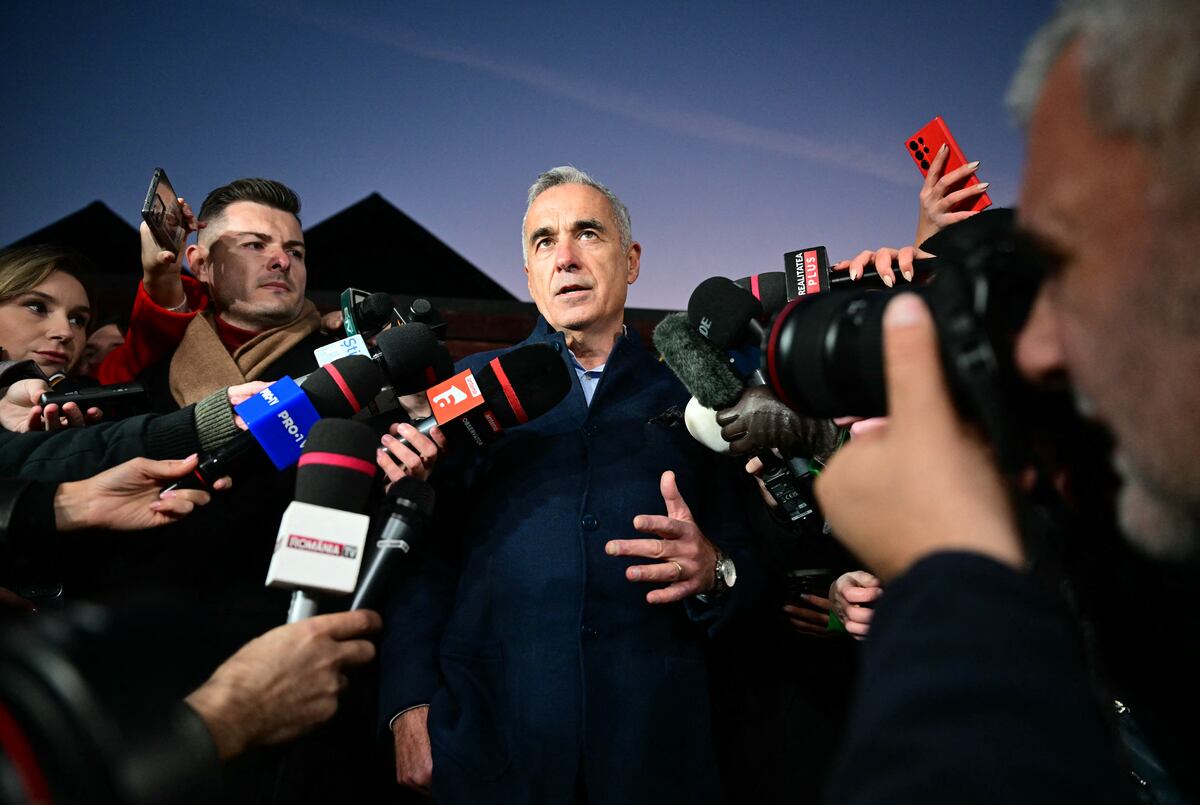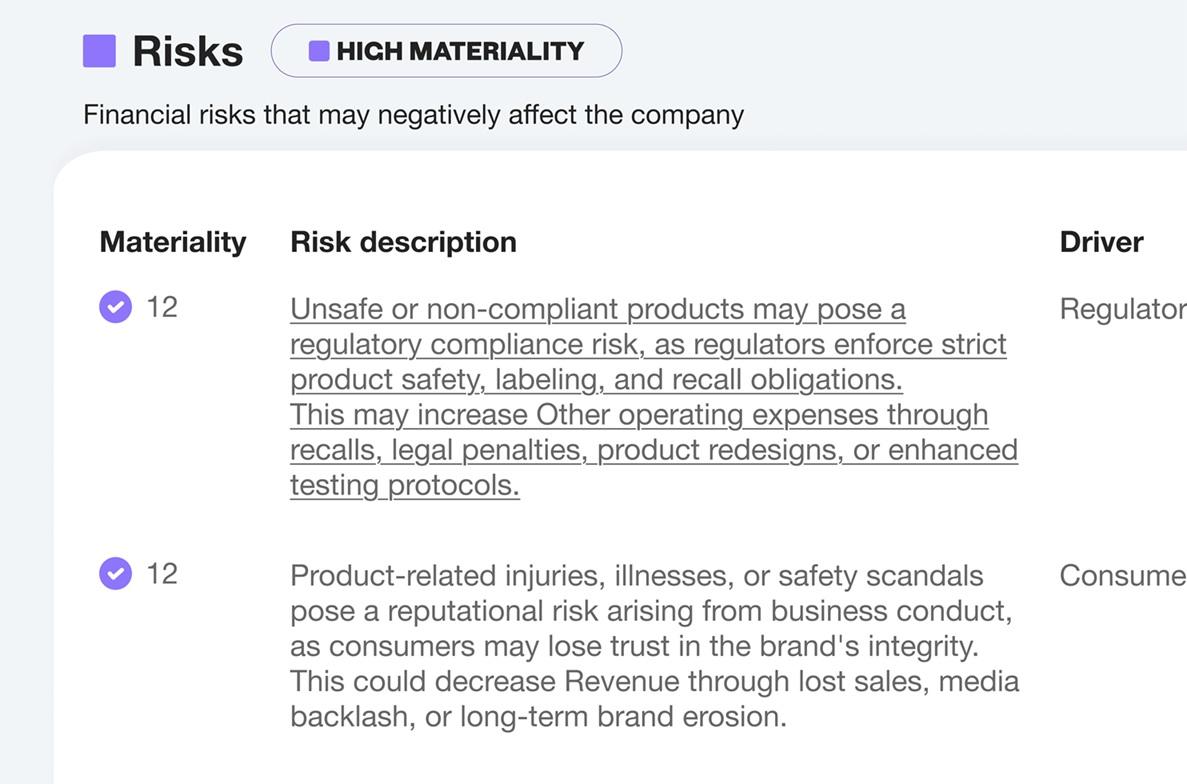The recent annulment of Romania's presidential election run-off raises significant concerns about the country's geopolitical alignment and the integrity of its democratic processes. Calin Georgescu, a nationalist candidate with pro-Russian sentiments, had gained unexpected traction, prompting fears of a shift away from NATO and Western alliances. The Romanian constitutional court's decision to rerun the election stems from alarming reports of Russian interference, including social media manipulation and cyberattacks aimed at undermining the electoral process. This situation not only jeopardizes Romania's strategic position on NATO's eastern flank but also highlights the vulnerabilities of democratic institutions in the face of foreign aggression.
The implications of this electoral turmoil extend beyond Romania's borders, as the U.S. State Department has emphasized the importance of maintaining Romania's commitment to NATO. While analysts suggest that institutional safeguards may limit Georgescu's potential impact on foreign policy, the uncertainty surrounding his intentions raises questions about Romania's future role in regional security. The constitutional framework allows for checks on presidential power, yet the evolving political landscape necessitates vigilance from both domestic and international stakeholders to ensure that Romania remains anchored in its Western alliances amidst rising geopolitical tensions.








